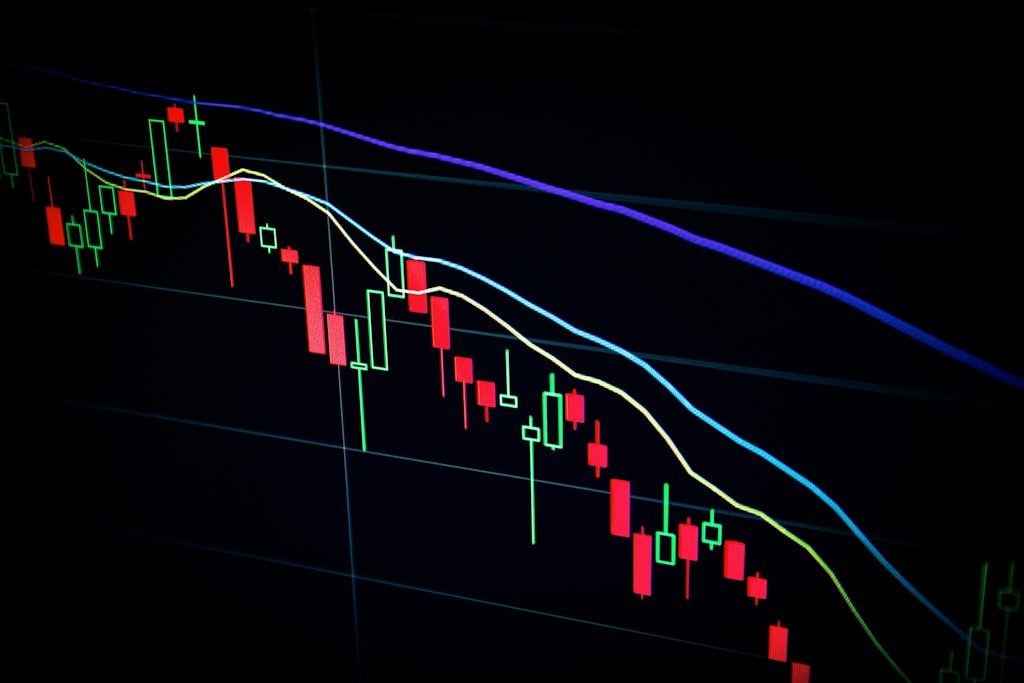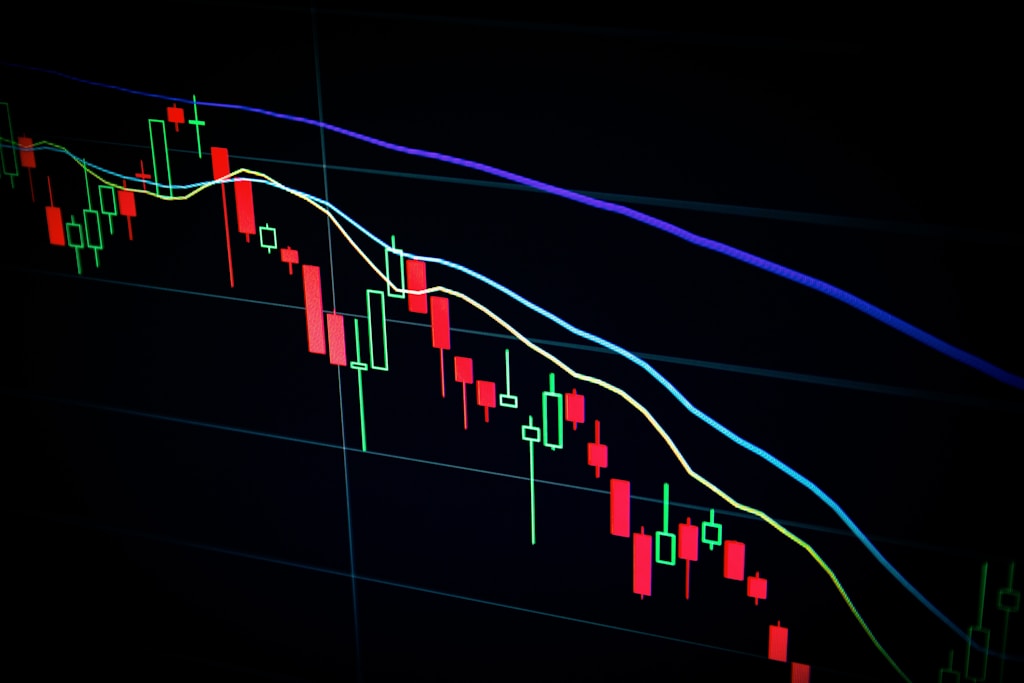In a groundbreaking development for digital currency interoperability, Chainlink’s blockchain protocol has successfully facilitated a test exchange between Hong Kong’s e-HKD central bank digital currency (CBDC) and an Australian dollar stablecoin. This milestone marks a significant step forward in the integration of traditional financial institutions with blockchain technology.
Key Highlights of the CBDC-Stablecoin Exchange Test
- First-ever direct exchange between a CBDC and stablecoin using Chainlink protocol
- Participation from major financial institutions including Visa, Fidelity International, and ChinaAMC Hong Kong
- Part of Phase 2 of Hong Kong’s e-HKD+ Pilot Programme
- Demonstrates potential for cross-border digital currency transactions
This development comes at a crucial time when the stablecoin market has reached a significant $250B milestone, highlighting the growing importance of digital currency infrastructure.
Technical Implementation and Institutional Participation
The Hong Kong Monetary Authority (HKMA) has orchestrated this initiative with support from leading financial institutions. Chainlink’s role as the underlying protocol demonstrates the growing trust in blockchain infrastructure for institutional-grade financial operations.
Implications for Global Digital Currency Markets
This successful test represents a significant milestone in the evolution of digital currency infrastructure, potentially paving the way for more efficient cross-border transactions and greater integration between traditional and digital financial systems.
FAQ Section
What is the significance of this CBDC-stablecoin swap?
This test demonstrates the technical feasibility of direct exchanges between CBDCs and stablecoins, potentially revolutionizing cross-border payments and settlements.
Which institutions are involved in this pilot?
Key participants include Visa, ANZ, Fidelity International, and ChinaAMC Hong Kong, working under the Hong Kong Monetary Authority’s oversight.
What role does Chainlink play in this exchange?
Chainlink’s protocol serves as the crucial infrastructure enabling the secure and efficient exchange between the e-HKD CBDC and the Australian dollar stablecoin.






